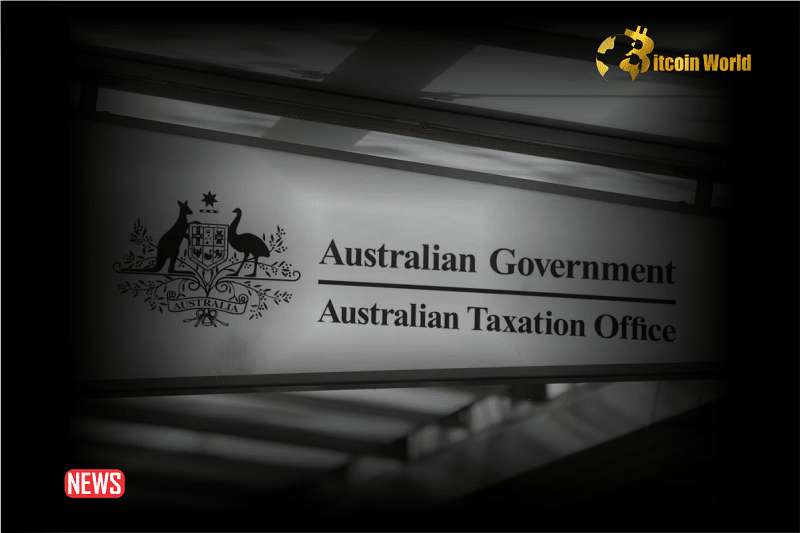Navigating the world of cryptocurrency investments can be exciting, but understanding the tax implications is crucial, especially in Australia. The Australian Taxation Office (ATO) has been actively clarifying its stance on how capital gains tax (CGT) applies to various crypto activities. Let’s break down the latest guidance to help you stay compliant and make informed decisions.
What’s the Deal with Crypto and Capital Gains Tax in Australia?
The ATO has made it clear: any time you sell or exchange a digital asset, including cryptocurrencies and NFTs, you need to report any capital gains or losses. This isn’t new, but the recent updates provide more specific guidance on less straightforward crypto activities.
Wrapped Tokens and DeFi: How Does CGT Apply?
The latest update from the ATO extends capital gains tax to:
- Wrapped Tokens: Exchanging one cryptocurrency for another, including wrapping and unwrapping tokens, is considered a CGT event.
- DeFi Lending Protocols: Interacting with decentralized finance (DeFi) lending and borrowing arrangements can trigger CGT.
- Transfers to Uncontrolled Addresses: Any time you transfer a crypto asset to an address you don’t control, it may be considered a CGT event.
According to the ATO, “When you wrap or unwrap a crypto asset, you exchange one crypto asset for another and a CGT event happens. The capital proceeds for the CGT event equal the market value of the wrapped token at the time of the exchange.”
Examples of CGT Events in DeFi
Here are some specific scenarios where a CGT event can occur:
- Liquidity Pools: Depositing or withdrawing crypto assets from liquidity pools.
- DeFi Rewards: Receiving rewards in the form of crypto assets from a DeFi platform.
Why Does This Matter?
This clarification could significantly impact Australians involved in DeFi. Even though the ATO guidance isn’t legally binding, it represents the tax office’s interpretation of the law. This means it’s essential to understand and comply to avoid potential issues.
Industry Concerns
The updated guidance has raised concerns within the crypto industry. Some experts argue that applying CGT to technological functions like wrapping tokens could be unexpected and burdensome for users.
Michael Bacina, a Digital Assets lawyer at Piper Alderman Lawyers, noted, “Being able to wrap tokens is a valuable and necessary cross-chain interoperability tool. To have a purely technological function triggering a tax event and tax payable is not something users would expect when using crypto-assets.”
Tax Rate and Discounts
The capital gains tax is based on an individual’s marginal tax rate. However, a 50% discount applies if you hold the asset for 12 months or more.
What’s Next?
Australia’s Board of Taxation is scheduled to provide its review on the tax treatment of digital assets to the government by February 29, 2024. This review will include comments on capital gains tax and could lead to further changes or clarifications.
Read Also: Ripple Partners With Onafriq to Boost Financial Inclusion in Africa
Key Takeaways
- Stay Informed: Keep up-to-date with the latest ATO guidance on crypto tax.
- Track Transactions: Maintain detailed records of all your crypto transactions, including dates, amounts, and market values.
- Seek Professional Advice: Consult with a tax professional who understands crypto to ensure compliance.
In Conclusion
Understanding the Australian tax implications for cryptocurrency investments, especially concerning capital gains tax on wrapped tokens and DeFi activities, is crucial. By staying informed and proactive, you can navigate the crypto landscape with confidence and ensure you meet your tax obligations. As the regulatory environment continues to evolve, keeping abreast of these changes will be essential for all Australian crypto investors.
Disclaimer: The information provided is not trading advice, Bitcoinworld.co.in holds no liability for any investments made based on the information provided on this page. We strongly recommend independent research and/or consultation with a qualified professional before making any investment decisions.




